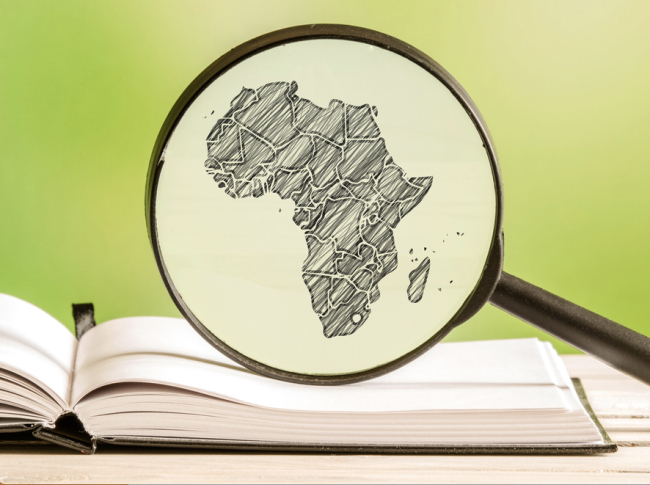The Financial Challenges of the Sub-Saharan Africa Telecoms Boom

Telecom industry has taken a significant place within of the economy of most African countries. In this aspect, it is an undeniable source of economic growth and development. It impacts on the financial sphere at three levels.
Firstly, telecom industry in African countries plays a considerable part within capital flow themselves: from mobile-payment to international money transfer, impacts are numerous. Furthermore, private telecommunications companies are often the most important fiscal contributors, rising many questions about economic issues for African governments. Finally, there is the setting up of a speculative telecom bubble in Africa with an important rise in value of licences or private telecomunications companies; a bubble which is probably going to face difficulties when some companies are going to struggle reimbursing their debts. The analysis of these three phenomena illustrates key challenges for this industry within the coming years.
This paper is a translation from a note published in French on Ifri's website in February 2010: Les enjeux financiers de l'explosion des télécoms en Afrique subsaharienne
Henri Tcheng is Partner at Cabinet BearingPoint in charge of Telecoms for Europe, Africa and Middle-East, Jean-Michel Huet is Senior Manager in the same team and Mouna Romdhane, consultant.

Available in:
Regions and themes
ISBN / ISSN
Share
Download the full analysis
This page contains only a summary of our work. If you would like to have access to all the information from our research on the subject, you can download the full version in PDF format.
The Financial Challenges of the Sub-Saharan Africa Telecoms Boom
Related centers and programs
Discover our other research centers and programsFind out more
Discover all our analysesGabon: Has an — Almost — Exemplary Transition Produced a New Political Model?
In two rounds of voting, on September 27 and October 11, 2025, the citizens of Gabon elected the members of both their local councils and the new national assembly. This marked almost the final stage of political transition, little more than two years after the coup d’état that had overthrown the more than five decades old dynastic regime of the Bongos — Omar, the father, who died in office in 2009, and then his son Ali, who is now in exile.
Claiming "The People": Youth Booms, Ailing Authoritarians and "Populist" Politics in Kenya, Uganda, and Tanzania
This study analyses the emergence of so-called “populist” political tendencies in three East African countries: Kenya, Uganda and Tanzania. It builds its analysis on a wider discussion of the term “populism”, its use and applicability in (eastern) African settings before going on to examine the drivers of three cases of populism: William Ruto’s 2022 election victory in Kenya and the “Hustler Nation”; Bobi Wine’s opposition to Yoweri Museveni in Uganda; and John Magufuli highly personal style of government in Tanzania.
The Contradictory Impacts of Western Sanctions on Economic Relations between Russia and Sub-Saharan Africa
How does Russia maintain economic ties with Africa despite Western sanctions? An analysis of investments, trade, and the circumvention strategies deployed by Moscow.
The Revenue Sources Sustaining Sudan’s Civil War. Lessons for the year 2023
Wars require money and resources, and often, most conflicts involve controlling sources of income and supply lines or denying them to enemies. This has been the case in Sudan’s past conflicts and is again as the civil war—between the Sudan Armed Forces (SAF), commanded by General Abdelfattah al-Burhan, and the paramilitary Rapid Support Forces (RSF), commanded by General Mohammed Hamdan Daglo “Hemedti” —has sunk into a protracted conflict.










